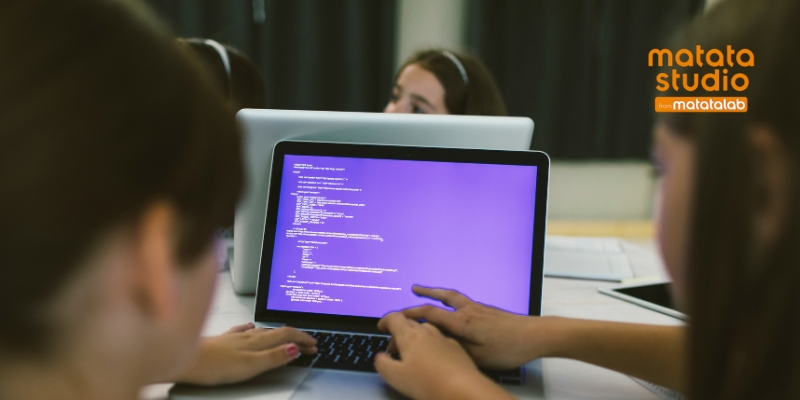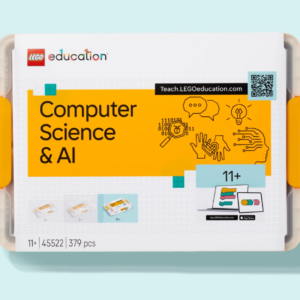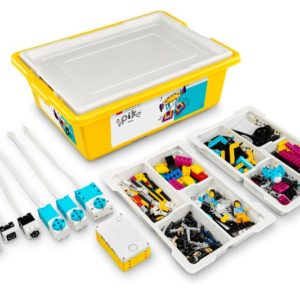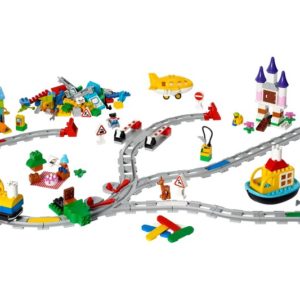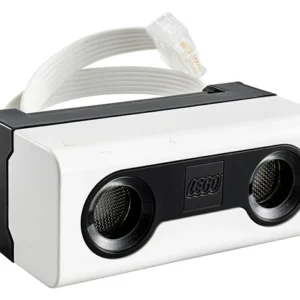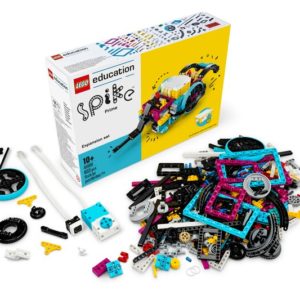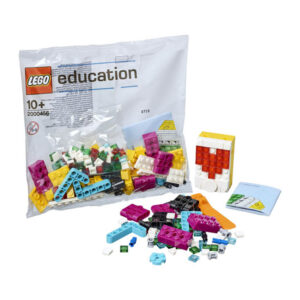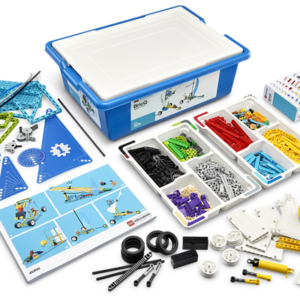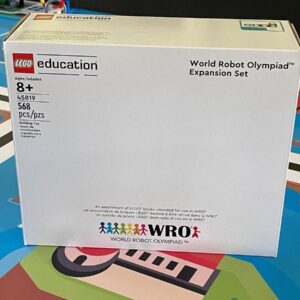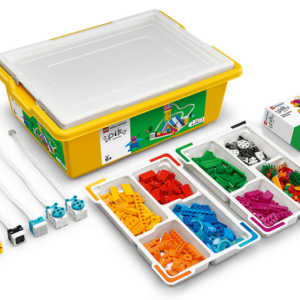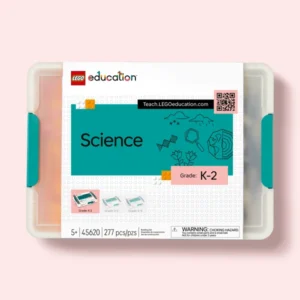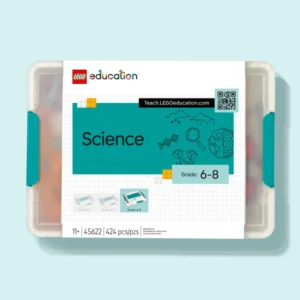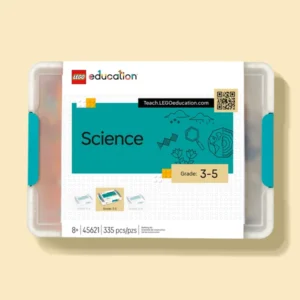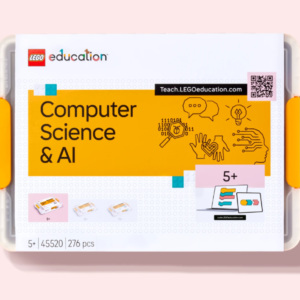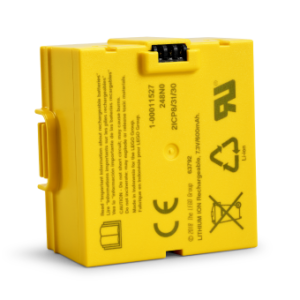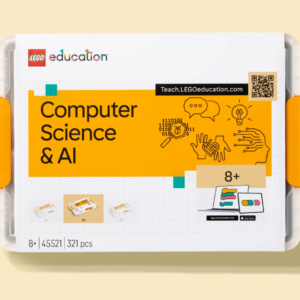Imagine combining coding, creativity, and learning into one activity-this is exactly what happens during MatataBot’s first visit to school! The project, designed for students aged 9-11 years, aims to turn a typical school day into an exciting adventure, introducing them to mapping basics, coordinate planes, and tangible coding for kids with Matatalab. Here’s how the activity unfolds.
The Big Idea
The goal is simple yet intriguing, to introduce the school to MatataBot as its guide. Students will learn to code MatataBot to navigate a mini school map while delivering a prepared tour guide speech. By combining coding with storytelling and mapping, this activity encourages students to explore their school’s layout, history, and culture in a unique, hands-on way.
Activity Breakdown
The project will be divided into three parts – a guided activity, independent work, and feedback presentations.
Lead-In & Guided Activity (45 minutes)
The session begins with the introduction of MatataBot and the task ahead: guiding it through a mini version of the school. To help students prepare, the teacher shares a brief history of the school, emphasizing its milestones, culture, and architecture.
Students then set out to explore the school. They take photos of key buildings, jot down interesting facts, and collect information about the school layout. This step is crucial for creating an accurate and detailed mini-map later.
Independent Activity (90 minutes)
This phase involves bringing the map to life and coding MatataBot to navigate it. Here’s how students work:
- Drawing the Map: Students start by sketching a scaled-down version of the school on blank sheets. They learn how to read signs and use scales to ensure accuracy. Key locations like the library, sports complex, and auditorium are marked on the map.
- Creating 3D Models: Next, students construct simple 3D models of the school buildings using paper. These models add depth to the map, making it more engaging and realistic.
- Designing the Route: Groups design routes for MatataBot, carefully deciding which buildings to include in the tour. They create a sequence of movements and write down coordinates for MatataBot to follow.
- Writing the Tour Guide Speech: To make the tour engaging, students prepare short speeches about each location MatataBot will visit. They include fun facts, like when the school was founded and its unique features.
- Coding MatataBot: Using Matatalab’s tangible coding language, students program MatataBot to move across the map. This hands-on approach to coding for kids helps them use coordinate pairs and sequences to ensure MatataBot follows the correct path, stopping at designated locations.
- Feedback & Extension (45 minutes): The final stage is about sharing. Each group will present their project, showing how they programmed MatataBot and deliver their tour guide speeches. Watching MatataBot navigate the map is both entertaining and rewarding for everyone.
Key Learning Outcomes
This activity goes beyond coding—it is an interdisciplinary experience that combines technology, geography, and public speaking. Here’s what students achieve:
- Understanding Maps: They learn to draw simplified maps using scales, symbols, and coordinates, skills essential for basic geography and navigation.
- Exploring School History & Culture: By researching and preparing speeches, students gain a deeper appreciation for their school’s history and unique features.
- Improving Collaboration & Problem-Solving: The groups work together to design maps, build models, and troubleshoot coding errors. Each student has a role, ensuring teamwork and shared responsibility.
- Mastering Tangible Coding: Programming MatataBot introduces students to the concept of coordinate planes and sequences, laying the foundation for advanced skills in coding for kids.
Reflection Through Questions
During the feedback session, students answer essential questions to reflect on their experience:
- Which school location is the most popular?
- What was the most challenging section of the activity?
- How did your team divide the work?
The Impact of the Activity
MatataBot’s first school visit isn’t just an exercise in coding—it is a holistic learning experience. Students don’t just learn—they get a chance to create, explore, and present, thereby gaining confidence. By combining hands-on activities with coding for kids, this project makes learning both engaging and impactful.
So, get ready to invite MatataBot to your schools and make learning a memorable experience.

